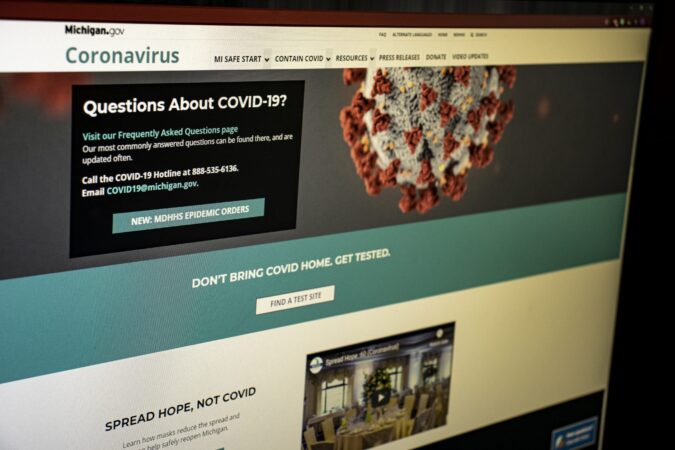When COVID-19 began spreading rapidly in March, Michigan Governor Whitmer was quick to respond with a series of executive orders, as well as the declaration of a state of emergency. While this response saw Michigan handle the virus better than a good amount of states, the number of cases remains steady in the state, while nationally figures such as Dr. Anthony fear a rise of cases during the winter season.
In a wild ride of decisions that left many seeking concrete answers on where restrictions stand, the Michigan Supreme Court has struck down the governor’s emergency powers, leaving the status of many measures up in the air. Responding to the court’s decision, Press Secretary for the Attorney General Ryan Jarvi shared a statement on behalf of Michigan Attorney General Dana Nessel in which the AG states she will no longer enforce the executive orders enacted by Whitmer.
In light of the Supreme Court’s decision on Friday, the Attorney General will no longer enforce the Governor’s Executive Orders through criminal prosecution. However, her decision is not binding on other law enforcement agencies or state departments with independent enforcement authority. It’s her fervent hope that people continue to abide by the measures that Governor Whitmer put in place – like wearing face masks, adhering to social distancing requirements, and staying home when sick – since they’ve proven effective at saving lives. If it weren’t for the Governor’s actions, countless more of our friends, family, and neighbors would have been lost to COVID-19. We can respect both the court’s decision and the advice of medical experts by continuing with these important measures voluntarily, shared Nessel.
While Whitmer had stated that the Supreme Court ruling would not take effect for 21 days, the Attorney General’s comment made it likely that many of the protections in place would cease as soon as possible. However, in an effort to continue some protections, the Michigan Department of Health and Human Services (MDHHS) issued an Emergency Order under MCL 333.2253 rooted in authorities that were first utilized following the 1918 Spanish Flu that effectively keeps some of Whitmer’s precautions in place.
THE MDHHS LEAVES SOME COVID-19 PRECAUTIONS IN PLACE
Before the MDHHS order, localities such as Oakland County issued their own mask mandates, while others such as Macomb neglected to issue any enforcement. Wayne County had not released a plan before MDHHS issued the emergency order, but as of Monday, Wayne County Executive Warren Evans praised the order for reestablishing safe guidelines.
Under the order from MDHHS, the following precautions will remain in place:
- Requirements to wear masks at indoor and outdoor gatherings
- Limitations on the size of gatherings
- Limitations on certain establishments
The order also maintains that athletes training must wear a face-covering unless partaking in swimming and at least six feet of social distancing should be maintained when around other individuals. Violations of the order are punishable by “a misdemeanor punishable by imprisonment for not more than six months or a fine of not more than $200, or both.”
Commenting on the order, Governor Whitmer is quoted in the press release as stating,
When it comes to fighting COVID-19, we are all in this together. We need Michiganders everywhere to do their part by wearing masks and practicing safe physical distancing so we can keep our schools and small businesses open and protect the brave men and women serving on the front lines of this crisis. The epidemic order that Director Gordon issued today is an important step to protect Michiganders across the state from the spread of COVID-19. Let’s all mask up and stay safe.
As the situation around COVID-19 continues to develop, the best resource for where matters stand in Michigan remains michigan.gov/coronavirus. For further updates about the Coronavirus Pandemic, please subscribe to our newsletter here.






















